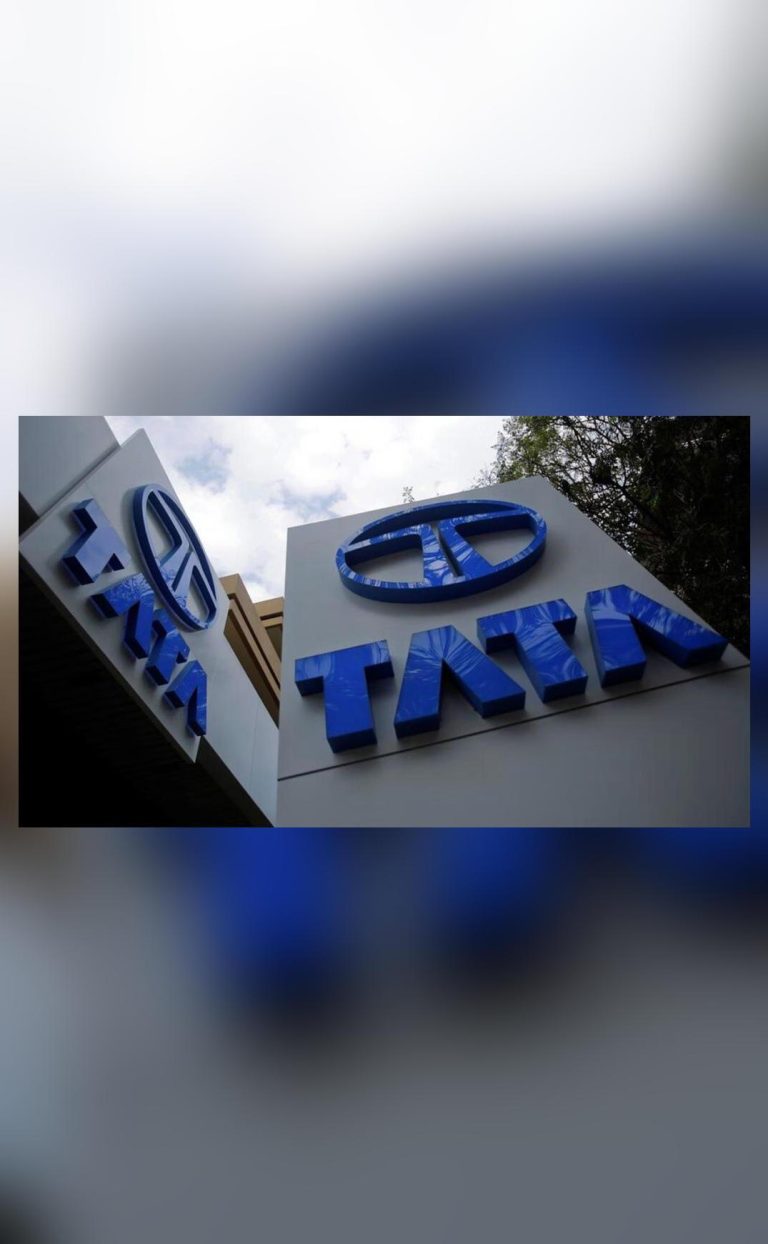
Blusmart-Parent Gensol Engg Admitted to Insolvency, Shares End 1.9% Lower
In a significant development, the National Company Law Tribunal (NCLT) has admitted Gensol Engineering, the parent company of electric vehicle (EV) aggregator BluSmart, to insolvency proceedings on the plea of Indian Renewable Energy Development Agency (IREDA). This move comes after the Securities and Exchange Board of India (SEBI) found that the firm and its promoters diverted funds primarily through BluSmart, which was funded by IREDA and other investors.
Gensol Engineering’s shares closed at 1.98% lower on Friday, following the news of the company’s admission to insolvency proceedings. The development is expected to have a significant impact on the company’s future operations and its stakeholders, including investors, employees, and customers.
According to reports, IREDA had filed an application with the NCLT Ahmedabad bench, seeking to initiate insolvency proceedings against Gensol Engineering. The tribunal has admitted the plea and may select an interim resolution professional (IRP) from the Insolvency and Bankruptcy Board’s (IBBI) panel to oversee the process.
The insolvency proceedings against Gensol Engineering are a direct result of SEBI’s findings in its investigation into the company’s financial irregularities. SEBI had alleged that the firm and its promoters had diverted funds primarily through BluSmart, which was funded by IREDA and other investors. The regulator had also found that the company had failed to disclose the diversion of funds to investors.
BluSmart is an electric vehicle aggregator that offers electric vehicle rental and subscription services to customers. The company had raised funds from investors, including IREDA, to expand its operations. However, SEBI’s investigation found that the company’s promoters had diverted a significant portion of the funds raised to personal accounts, rather than using them to expand the business.
The admission of Gensol Engineering to insolvency proceedings is likely to have a significant impact on the company’s operations and its stakeholders. The company’s employees, customers, and investors are likely to be affected by the development, and the future of the company remains uncertain.
The insolvency process will involve the appointment of an IRP, who will oversee the company’s operations and assets until a resolution plan is approved. The IRP will be responsible for conducting a thorough investigation into the company’s financial affairs and identifying potential buyers or investors who can revive the company.
In a statement, IREDA said that it had filed the application with the NCLT Ahmedabad bench to protect its interests and ensure that the company’s assets were not misused. The agency said that it had funded Gensol Engineering’s projects and was concerned about the company’s ability to repay its debts.
The admission of Gensol Engineering to insolvency proceedings is a significant development in the Indian corporate sector, which has been plagued by instances of corporate fraud and financial irregularities. The move is likely to send a strong message to companies that engage in such practices, and it may also lead to a tightening of regulations and enforcement measures in the future.
In conclusion, the admission of Gensol Engineering to insolvency proceedings is a significant development that is likely to have a significant impact on the company’s operations and its stakeholders. The move is a direct result of SEBI’s findings in its investigation into the company’s financial irregularities, and it may lead to a strengthening of regulations and enforcement measures in the future.






